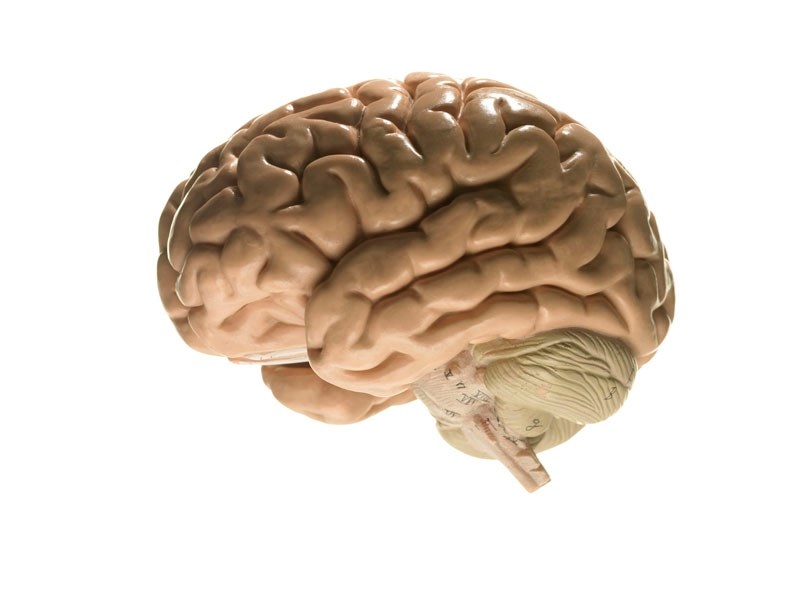Alberta Health has reached a four-year collective agreement with the United Nurses of Alberta, it says will provide stability in health care and help create more predictable schedules for nurses.
The agreement includes a two per cent salary increase in the second year, a 2.25 per cent increase in the third year and three per cent increase in the fourth year. Lump sum payments of $2,000 in the first year and $1,000 in both the second and third years will also be given out.
The consolidated benefit plan for AHS nurses will be effective Jan. 1, 2015.
The contract sets out terms and conditions for the 26,000 registered nurses and registered psychiatric nurses in Alberta.
A webinar offered by the Canadian Diabetes Association will now be available in Cantonese.
This past spring, the association released several free online/interactive seminars for people with both type one and type two diabetes.
The latest webinar, All About Sodium, will be featured in Cantonese, and hosted by registered dietitian Rosalie Lung.
The seminar will help people understand the nutritional value of salt, the role sodium plays in blood pressure control and tips for achieving a lower-sodium diet.
To register visit: http://www.diabetes.ca or call 1-877-390-5090.
At least one part of the human brain may still be able to process information the same way in old age as it does during younger years, new research suggests.
Researchers from the University of Adelaide, in South Australia, compared the response of 60 adults in two age groups (18 to 38 years and 55 to 95 years) to visual and non-visual stimuli in order to measure their spatial attention skills. Spatial attention is critical for driving, walking, as well as picking up and using objects.
Results showed both groups had the same responses for spatial attention tasks involving touch, sight or sound. Previous studies have found that aspects of cognition, such as reaction time, are severely impacted by age.
This study suggests that certain types of cognitive systems in the right cerebral hemisphere – such as spatial attention – are ‘encapsulated’ and may be protected from ageing, says Dr. Joanna Brooks, study investigator and visiting research fellow at the University of Adelaide's School of Psychology and the School of Medicine.
“Our results challenge current models of cognitive ageing because they show that the right side of the brain remains dominant for spatial processing throughout the entire adult lifespan,” she says.
“We now need to better understand how and why some areas of the brain seem to be more affected by ageing than others.”
The study is part of a larger international project undertaken by scientists at the University of Edinburgh and Queen Margaret University in Scotland to better understand spatial attention in the human brain.




